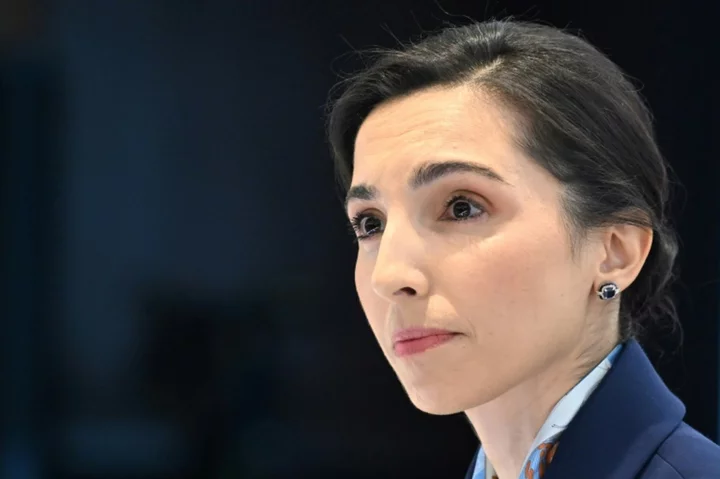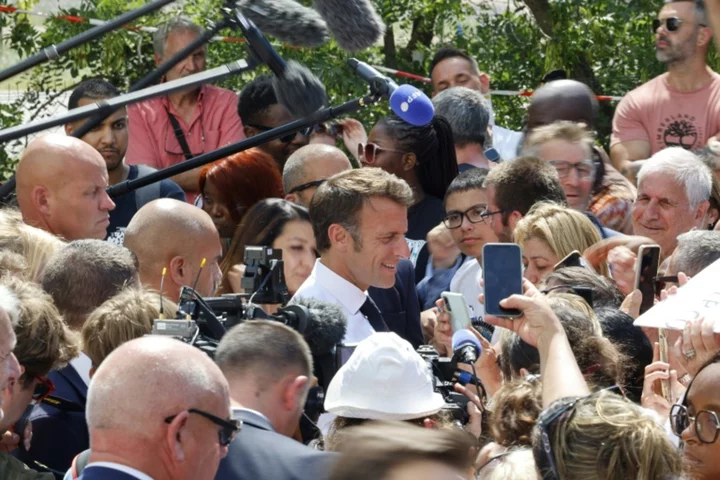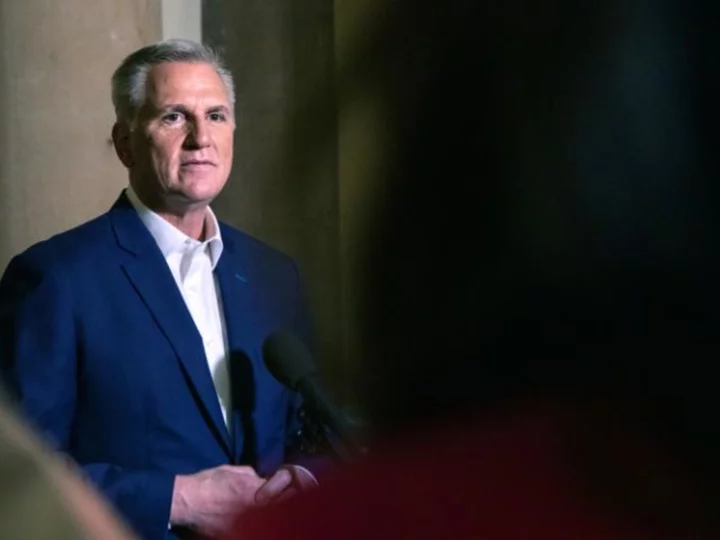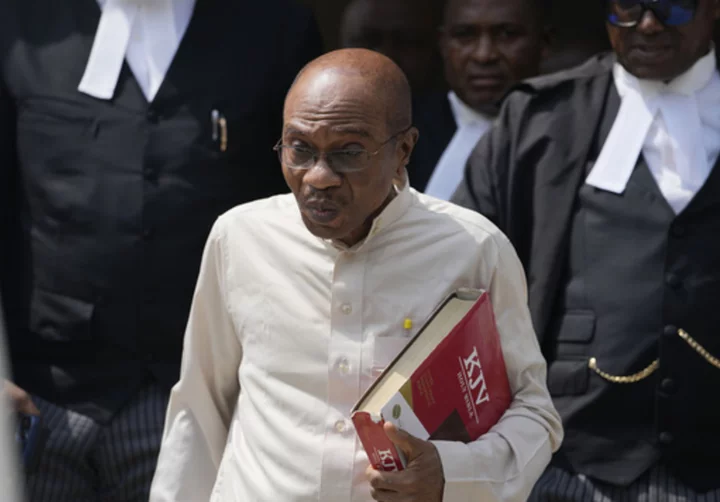Turkey's troubled lira surged Thursday after the central bank delivered a much larger than expected interest rate hike that broke free from President Recep Tayyip Erdogan's era of unorthodox economics.
The increase to 25 percent from 17.5 percent followed a more modest raise of 2.5 percentage points last month.
Most economists had expected the bank to lift its policy rate to 20 percent on Thursday.
"Monetary tightening will be further strengthened as much as needed in a timely and gradual manner until a significant improvement in the inflation outlook is achieved," the central bank said.
"We are determined!" Finance Minister Mehmet Simsek added in a social media post. "Price stability is our top priority."
The lira gained as much as six percent against the dollar after Erdogan followed up the announcement by voicing strong confidence in his team.
"We are taking determined steps to address the problems caused by inflation," Erdogan said in nationally televised remarks.
Capital Economics analyst Liam Peach said the hike "will go a long way towards reassuring investors that the shift back to policy orthodoxy is on track".
- No more caution -
Erdogan infused his government with market-friendly faces after winning a difficult May election that came in the heat of one of Turkey's most dire economic crises in decades.
They immediately set off on a new battle against inflation that peaked at an annual rate of 85 percent last October and is on the rise once again.
The team allowed the lira to start depreciating against the dollar in a bid to ease pressure on depleted state coffers.
It also imposed a series of more technical steps aimed at balancing the economy and restoring the trust of both consumers and Turkey's spooked foreign investors.
The central bank signalled its intentions by raising the rate to 15 percent from 8.5 percent at the first meeting chaired by former Wall Street executive Hafize Gaye Erkan in June.
But investor doubts lingered because the policy shift was more cautious than many analysts had pushed for and hoped.
Erdogan had spent years pressing the nominally independent bank to slash borrowing costs out of a life-long belief that high interest rates cause -- rather than cure -- inflation.
The powerful president fired one central banker four months into his attempts to raise interest rates in late 2020 and early 2021.
He dismissed two others before then for fighting his unorthodox views.
- 'Really impressive' -
Some analysts felt that the memory of thse sackings forced Erkan and Simsek to pursue a more go-slow approach that tried to restore market confidence without causing too much short-term pain.
That appeared to change when July's annual inflation rate soared back to 47.8 percent thanks to billions of dollars in social spending Erdogan meted out during his election campaign.
The central bank expects the annual inflation rate to peak at 60 percent between April and June of next year.
"There remains a large gap between the policy rate and both current and expected inflation," warned ING bank's chief economist in Turkey, Muhammet Mercan.
Rate hikes take time to slow inflation and Turkish consumer prices are expected to keep climbing in the months to come.
"We can still expect inflationary pressures to continue in the coming periods, with the weakening of the lira halting," Conotoxia investment house analyst Grzegorz Drozdz said.
But Erkan's hand in her future battles has been strengthened by the appointment of three more respected economists to top central bank positions in the past month.
These bankers are "giving Hafize Gaye Erkan the backing to be more aggressive with rate hikes," emerging markets economist Timothy Ash said.
"The Turkish central bank now has a really impressive team in place -- there is light at the end of the tunnel."
fo-zak/rl









